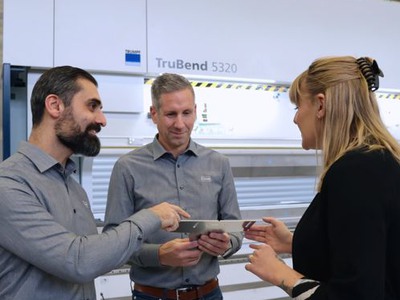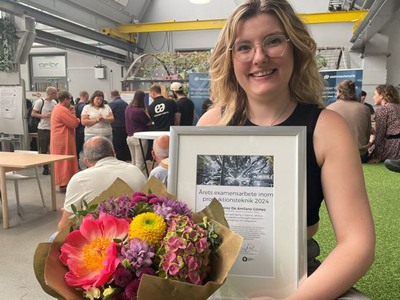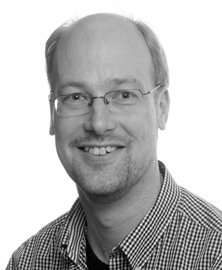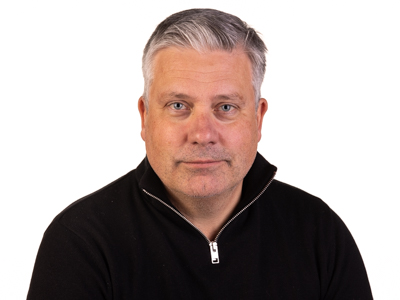ToWe Elektronik in Skövde manufactures circuit boards and cabling in smaller batches. Through collaboration with the University of Skövde in the project ShiftLabs, the company can now reach an even higher level of quality using CT scanning.
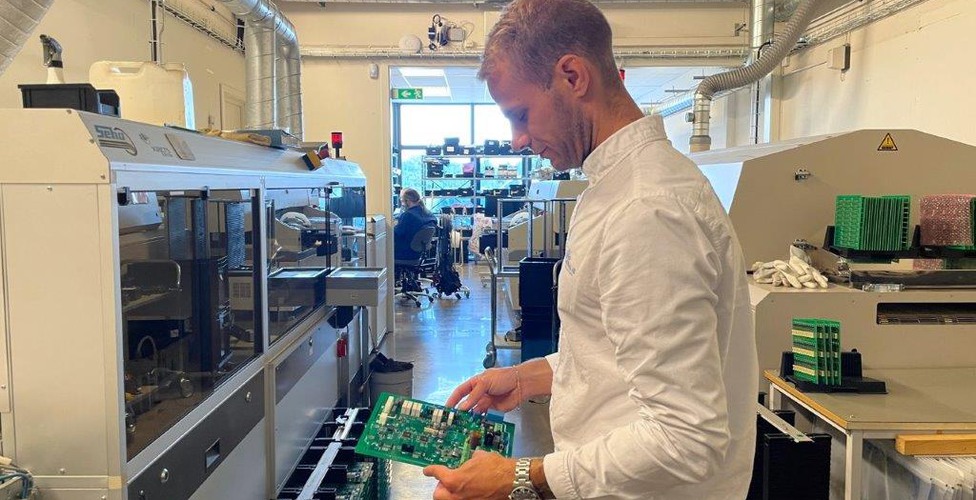
ToWe Elektronik has a broad scope covering design and surface mounting to boxing and casting. Previously, the company ensured product quality using vision systems and manual checks. But thanks to the collaboration with the researchers at the University of Skövde, ToWe has gained knowledge on how to boost both quality as well as the ability to find errors that are not detectable by the naked eye.
Ensures quality and prevents problems
– The University of Skövde has helped us with scanning circuit boards in their CT scanner. Using the CT scan, the University's researchers did a soldering analysis. For example, we found out if the soldering met the standards required to ensure our quality but also how to prevent problems, says Oliver Wenell, marketing and sales manager at ToWe.
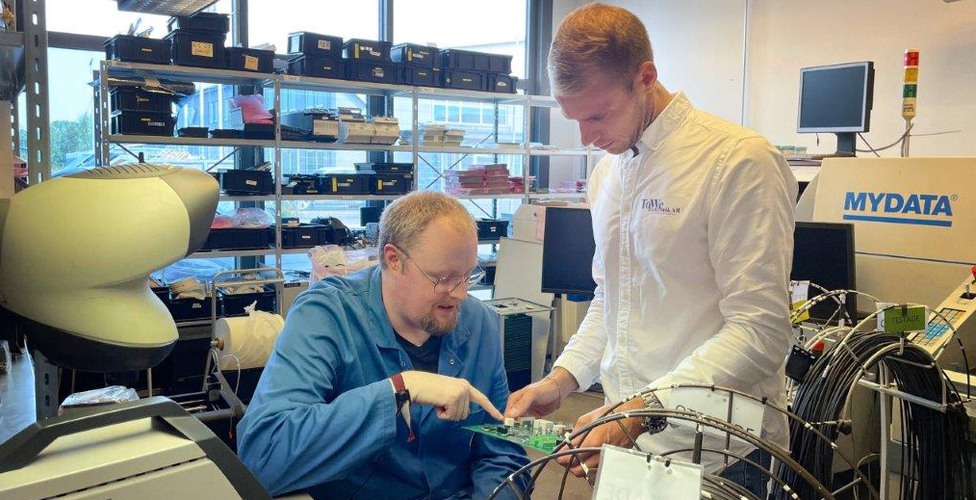
Previously, ToWe ensured product quality using vision systems and manual checks.
Some of the components that ToWe assembles have encapsulated solder points where quality is impossible to assure without disassembling the product – unless you use CT scanning, which is a non-destructive method.
– Thanks to the CT scanner and the University's researchers, we have been able to directly identify what we can improve, and we have received a thorough review of the results from the scanner. Before we can initiate larger batches, we must ensure even higher quality in our production, but it is also valuable to be able to do random samples during production, says Oliver Wenell.
Exchange of Knowledge strengthens offer
The collaboration is an exchange of knowledge, providing researchers with examples of real problems from the manufacturing industry.
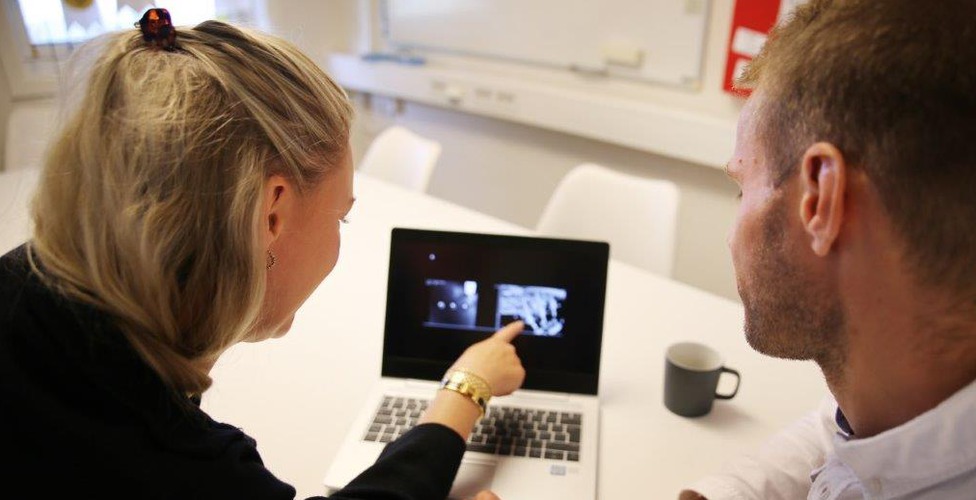
ToWe Elektronik reviews the scan that the University's researchers helped them with at ASSAR.
– As researchers, it is very interesting to have actual problems from companies to work with, we learn a lot from each other. In the CT scanner, we can test most materials, both organic and inorganic. Here we do quality assurance that can detect pores and other defects with the help of x-rays. CT scanning is a non-destructive testing method which enables us to look into the material without affecting it. I am glad that our research can be useful in the manufacturing industry, says Tobias Andersson, researcher at the University of Skövde.
– As a small company, we benefit greatly from the competence and technology that the University can offer us through Shiftlabs. In this way, we can also strengthen the offer to our customers, says Oliver Wenell.

